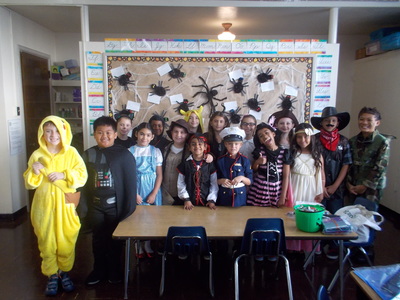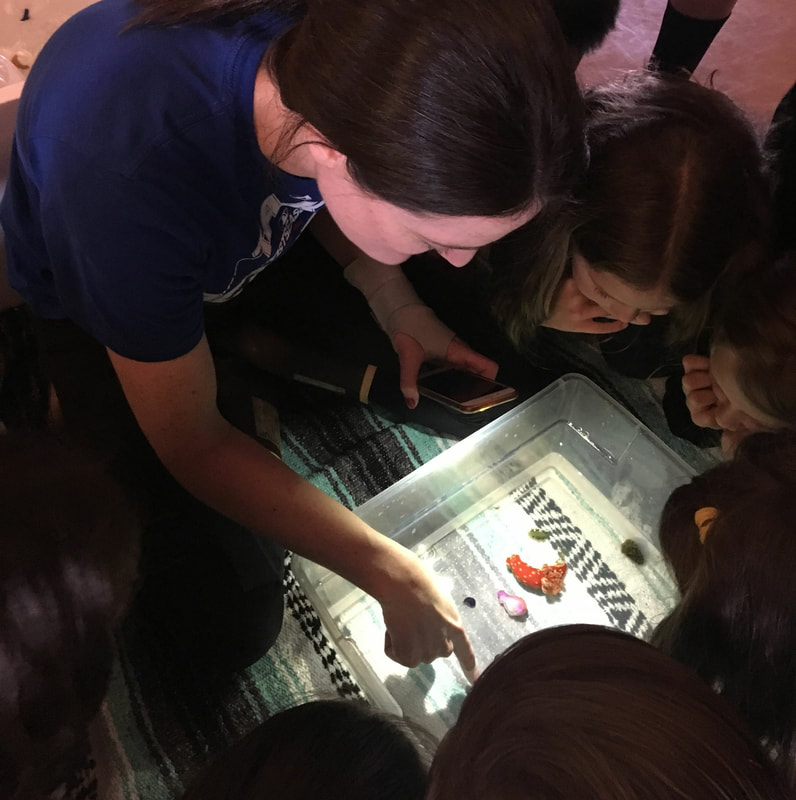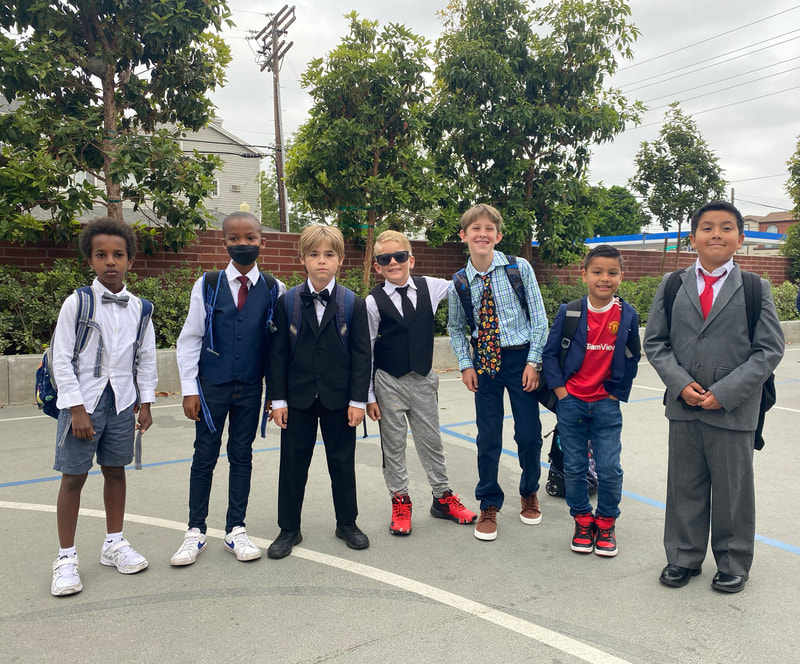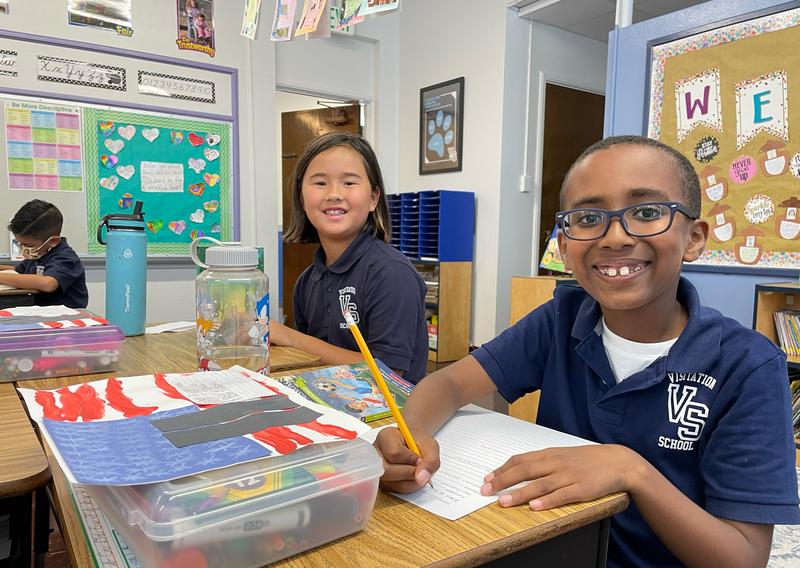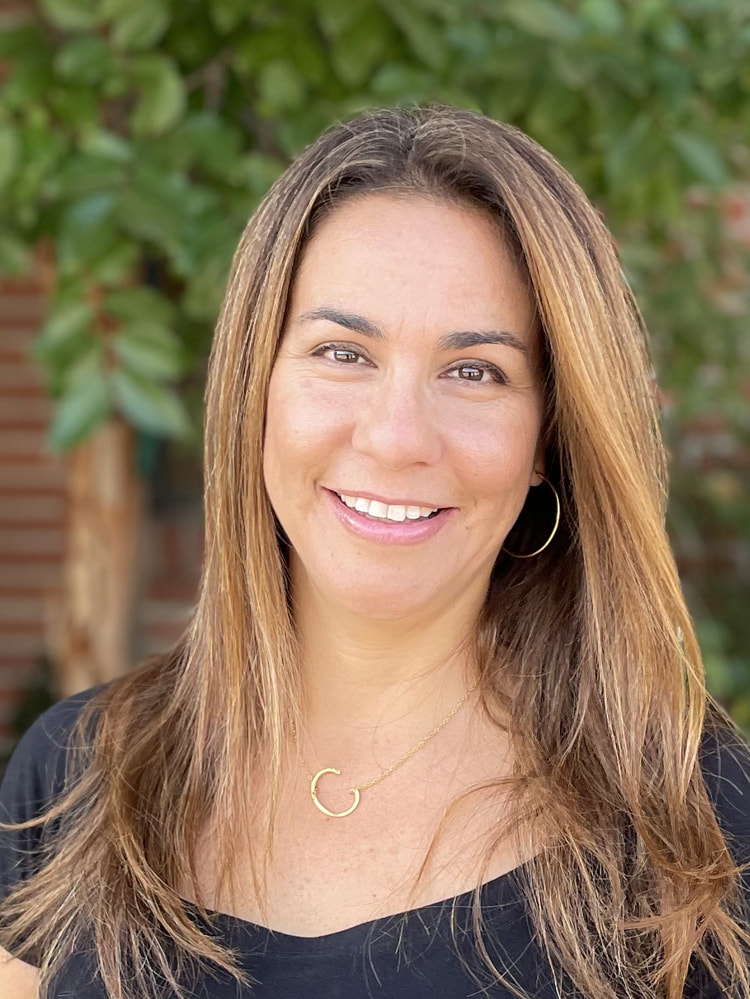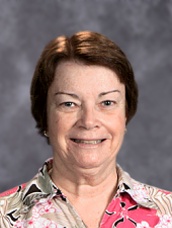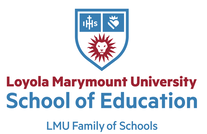3rd Grade
|
3rd Grade is a year of transition and growth in many areas. With guidance and support, we begin to work more independently, handle greater responsibilities, enjoy reading for pleasure and explore social relationships.
Language Arts: In reading, we focus on rich literature and read from a wide range of genres including realistic and historical fiction, non-fiction, biographies, folktales, fantasy and poetry in order to practice and strengthen our reading skills and to stretch our comprehension. Our literature discussions often lay the groundwork for our writing projects. We utilize graphic organizers to focus our thinking and follow the writing process to write, edit and publish our work. Mathematics: Our new math series, Saxon Math, emphasizes student involvement with support from learning materials, teachers and peers. At the end of third grade, students will deepen their understanding of place value and their understanding of and skill with addition, subtraction, multiplication and division of whole numbers. Students estimate, measure and describe objects in space. They use patterns to help solve problems. They represent numbers relationships and conduct simple probability experiments. Science: The third grade Science program emphasizes observation, discussion and hands-on participation in classroom activities and science experiments. Our science curriculum is integrated with other subject areas or thematic units whenever possible. A sampling of our units include: the study of plants and animals, animals adaptations and habitats, properties of matter, space and simple machines. Social Studies: In Social Studies we learn about groups of people, different types of communities, rules and laws, and needs and wants. The curriculum is often integrated with our literature themes as we study the geographic features and cultural similarities and differences of our story settings. We use maps to locate these places around the world. We also read biographies to learn about important people, places and events in our country's history. Religion: Religion is taught everyday, and weekly masses are attended. At the end of the year, the students will have learned about: - Catholic faith, scriptures and prayers - Church history - Catholic social teachings - Sacraments - Liturgy - Morality |

